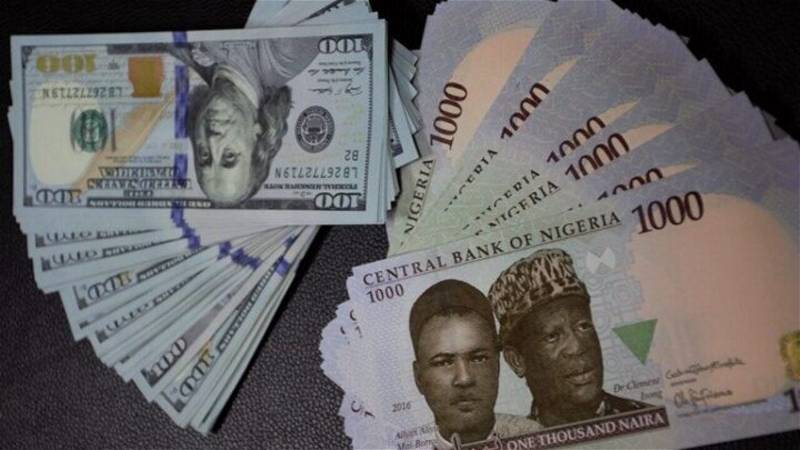The Nigerian Naira experienced a significant depreciation on Wednesday, reaching an all-time low of N1,830 per dollar in the parallel market, commonly known as the black market.
This represents a notable 7.10% decline or N130.00 weaker than the previous day’s closing rate of N1,700.
The sharp depreciation underscores the severity of the current economic challenges, with this drop marking the lowest point in the historical performance of the Naira.
The persistent devaluation of the Naira in the black market is compounded by a substantial surge in inflation, as recently reported by the National Bureau of Statistics (NBS) for January 2024.
The inflation rate surged to 29.90%, indicating a significant rise from the 28.92% recorded in the previous month.
This data reflects a noteworthy uptick in the headline inflation rate for January 2024, with a 0.98% increase compared to December 2023 figures.
These developments persist despite the Central Bank of Nigeria’s (CBN) implementation of several policies to bolster the supply of foreign exchange (forex).
Furthermore, the Great British Pound (GBP) depreciated to £1/N2210, marking a decline from £1/N2,120 recorded the previous day, representing a notable decrease of 4.07% compared to the N2,120 rate.
Similarly, the Naira weakened against the Euro by 2.43%, closing at N1855/EUR1 compared to N1810/EUR1 reported the previous day.
In the cryptocurrency market, where forex is transacted using stablecoins, the Naira settled at N1,876.50/$1 as of 12 pm.
Nairametrics reported that the crypto trading platform, Binance, restricted trading on the Nigerian currency for the USDT stablecoin to address unusual currency movement, aiming to protect users and prevent abuse.
The company emphasized that its platform is market-driven and not intended to be a proxy for currency pricing in Nigeria, distancing itself from the forex debacle. This development comes amid unconfirmed reports that the Central Bank of Nigeria (CBN) and other government agencies allegedly ordered Binance to set a cap on Nigerian traders selling USDT.


